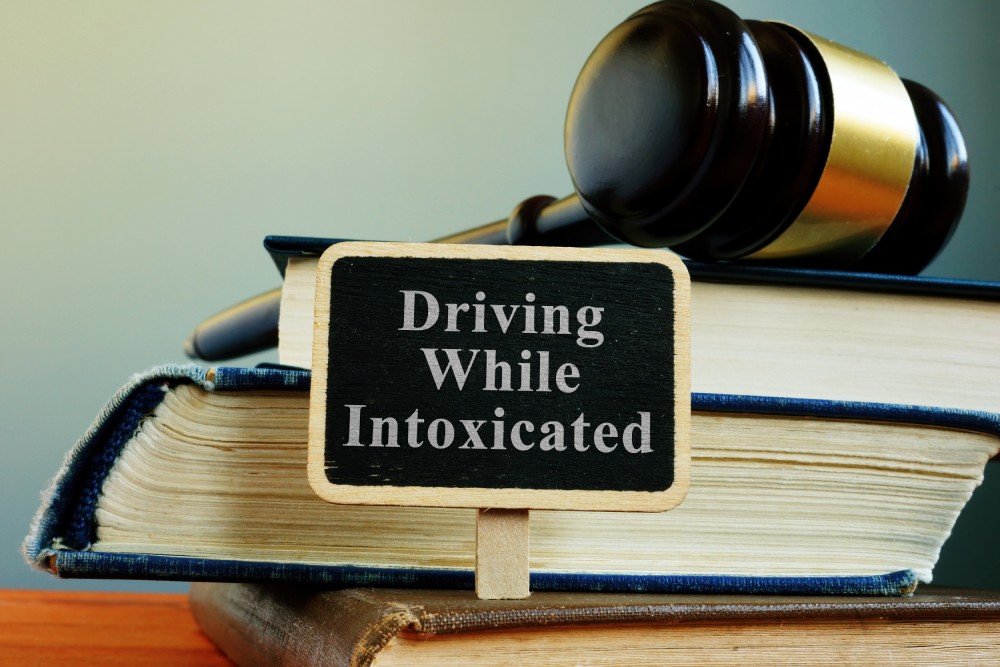A DUI conviction in California can impact employment, housing, and other opportunities. Fortunately, California law allows DUI offenders to petition for expungement, which can remove the conviction from most background checks. However, the process is not automatic and has specific eligibility requirements. This guide explains who qualifies, how to apply, and what an expungement does and does not do.
Eligibility for DUI Expungement in California
To qualify for DUI expungement under California Penal Code §1203.4, you must meet the following requirements:
- Completed Probation: You must have successfully completed all terms of your DUI probation, including:
- Fines and court fees
- DUI school or other educational programs
- Community service or other court-ordered obligations
- No Pending Criminal Charges: You cannot have any ongoing criminal cases or convictions at the time of your petition.
- Not Served State Prison Time: If your DUI resulted in a state prison sentence (rather than county jail or probation), you are not eligible for expungement unless your sentence is eligible for reduction under Proposition 47 or Proposition 64 (for drug-related offenses).
How to Expunge a DUI in California
Step 1: File a Petition for Dismissal
- Complete and submit Form CR-180 (Petition for Dismissal) to the court where your conviction occurred.
- A copy of the petition must be sent to the district attorney’s office handling your case.
Step 2: Attend a Court Hearing (If Required)
- Some courts require an in-person hearing, while others approve petitions without a hearing.
- The judge will review your case and may consider factors such as:
- Completion of probation
- Good behavior since the conviction
- Potential benefits to you and the community
Step 3: The Court’s Decision
- If granted, the court will set aside your guilty plea or conviction and dismiss the case.
- Your record will show the case as “dismissed” rather than a conviction.
What a California DUI Expungement Does (and Does Not) Do
✅ What Expungement Helps With:
- Employment: Legally state on most job applications that you have not been convicted of a DUI.
- Professional Licensing: Some state boards, including nursing and teaching, may consider an expungement favorably.
- Housing Applications: Landlords conducting background checks will typically see a dismissed conviction rather than a criminal record.
❌ What Expungement Does NOT Do:
- DMV Records Remain Unchanged: Expungement does not erase license suspensions or DMV points.
- DUI Priors Still Count: If you receive another DUI within 10 years, the expunged DUI still counts as a prior offense and can lead to harsher penalties.
- Federal Records and Background Checks: Some government agencies, law enforcement, and professional licensing boards may still see the expunged conviction.
Changes Under California’s SB 731 (2024 Expungement Law Update)
- Automatic Expungement for Some Offenses: Under Senate Bill 731, certain convictions may be automatically expunged if eligibility conditions are met.
- DUIs Not Automatically Expunged: DUI convictions still require a petition and do not qualify for automatic expungement under this new law.
Conclusion
Expunging a DUI in California can improve employment prospects and reduce long-term consequences, but it does not erase all traces of the conviction. Drivers must meet probation requirements, file a petition for dismissal, and in some cases, attend a court hearing. Since DMV penalties remain unaffected, drivers should still be mindful of ignition interlock device requirements and license suspensions.
For assistance with DUI-related compliance or ignition interlock requirements, contact Clear2Drive at 855-261-3944.
Sources:
- California DUI Expungement – Shouse Law
- California Courts – Expungement Process
- Senate Bill 731 – CA Legislative Update


